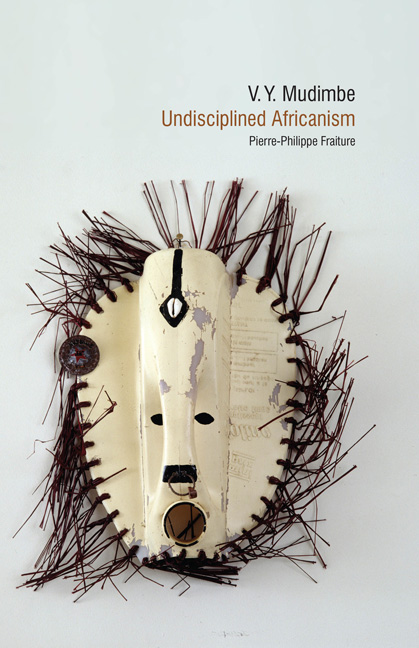Book contents
- Frontmatter
- Dedication
- Contents
- Acknowledgements
- List of Abbreviations
- Introduction: ‘Multidirectional Memory’
- 1 ‘Mission Impossible?’
- 2 ‘The Invention of Otherness’
- 3 ‘The West or the Rest?’
- 4 ‘Changing Places’
- 5 ‘Independences?’
- Conclusion: ‘The Return of the Unhomely Scholar’
- Notes
- Select Bibliography
- Index
1 - ‘Mission Impossible?’
- Frontmatter
- Dedication
- Contents
- Acknowledgements
- List of Abbreviations
- Introduction: ‘Multidirectional Memory’
- 1 ‘Mission Impossible?’
- 2 ‘The Invention of Otherness’
- 3 ‘The West or the Rest?’
- 4 ‘Changing Places’
- 5 ‘Independences?’
- Conclusion: ‘The Return of the Unhomely Scholar’
- Notes
- Select Bibliography
- Index
Summary
The Egyptians who live in the cultivated parts of the country, by their practice of keeping records of the past, have made themselves much the most learned of any nation of which I have had experience. I will describe some of their habits: every month for three successive days they purge themselves, for their health's sake, with emetics and clysters, in the belief that all diseases come from the food a man eats; and it is a fact – even apart from this precaution – that next to the Libyans they are the healthiest people in the world.
HerodotusV. Y. Mudimbe famously referred to Jean-Paul Sartre as ‘an African philosopher’ (IoA, 83) and a ‘philosophe nègre’ (CB, 69). This unilateral africanisation of the Paris-born phenomenologist compels the reader to pause and think about the many fault lines but also intellectual and imaginary overlaps between Africa and Europe. Where does the former start and where does the latter stop? There are of course objective geographical facts and undeniable ethnic markers to corroborate the idea that Africa and Europe are distinct entities with neatly defined boundaries. Mudimbe has, however, shown that human exchanges have the ability to upset the patient labours of geographers and cartographers (CB, 169–70). He is interested in real maps and has devoted the bulk of his career to the notion of space and to the task of ‘Mapping the Margins’ (Idea, 72–80) and African ‘beliefs’ (TF, 72). Space, however concrete it may be, is also constructed by imaginary and discursive (and therefore largely subconscious) processes, which do not comply with the rules of physical geography. Mudimbe's geography is the ‘geography of a discourse’ (IoA, 187–200), that is, ‘imaginative geography’, to use a phrase coined by Gaston Bachelard and subsequently used by Edward Said in his own mapping out of Orientalism. This distinction between the space conjured up by imagination and discourses, on the one hand, and ‘l'espace indifférent du géomètre’ [the surveyor's indifferent space] allows us to ask whether Mudimbe, the Congo-born author who has been shaped by a very traditional Western-style education, is not, after all, also a European philosopher.
- Type
- Chapter
- Information
- V. Y. MudimbeUndisciplined Africanism, pp. 16 - 49Publisher: Liverpool University PressPrint publication year: 2013



